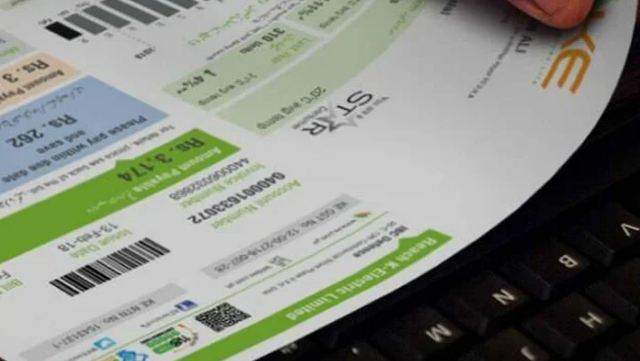On Monday, the Karachi Metropolitan Corporation (KMC) was temporarily prohibited by the Sindh High Court (SHC) from deducting municipal taxes from power bills.
The court stated that when the city administration satisfied it with the matter, the tax collection would resume.
The instruction was given during the hearing of a petition against KMC’s tax collection in K-Electric bills that was filed on September 23 by Jamat-e-Islami leader Hafiz Naeemur Rehman.
The provincial government has instructed the power company to collect municipal utility costs and taxes in April pursuant to the Sindh Local Government Act 2021. (MUTC).
A contract between the KMC and K-Electric (KE) states that the former will collect MUCT through KE’s power bills in order to earn an estimated Rs3 billion annually.
According to the deal, the electricity company would retain Rs300 million, or 7% of the total, as collection fees.
According to a KMC representative, the tax would be collected from 24 million units throughout the city.
The hearing today
Murtaza Wahab, the administrator of Karachi, told the court at today’s session that KMC taxes range from Rs50 to Rs200 and pleaded with it not to halt the collection of taxes at this time. He promised to submit all the information at the upcoming hearing.
Taxes that were as high as Rs5,000 have been lowered to Rs200, he claimed.
The judge then instructed Wahab to seek compensation from third parties.
It said, “Make the recoveries however you like but not through KE.”
The court also ordered KE to refrain from disconnecting customers’ electricity connections because they are unable to pay their taxes.
Previously, taxes were going into other people’s pockets, but now KMC will get them, claimed Wahab.
Wahab responded that taxes would be utilized to build highways, underpasses, and bridges in exchange for the services the municipal administration would provide to the people.
The judge asked, “Will you perform all [your] work with people’s money?”
“The province is receiving a sizable donation from the Center. Money is given to Karachi in the form of alms (bheek), “Hassan Azhar Rizvi, a judge.
He chastised Wahab for the city’s worsening robberies and other infrastructure problems, as well as the deterioration of its roadways.
Wahab then declared that 209 roads are under KMC’s purview.
What is the Sindh government doing, the justice questioned, if you are performing all of the work?
When people are already paying property and car taxes, he questioned why they are being subjected to “double levies.”
The court ruled that KMC may not begin collecting municipal taxes with electricity bills until the next hearing because “applying municipal charges through KE is not suitable.”
THE DAILY COUNTRY NEWS IS ONE OF THE PAKISTAN'S LARGEST ENGLISH-LANGUAGE NEWSPAPER. COUNTRY NEWS IS REGULARLY SCHEDULED PUBLICATION CONTAINING NATIONAL AND INTERNATIONAL NEWS, HEALTH NEWS, ARTICLES,BLOGS, INFOTAINMENT, ADVERTISEMENT AND MUCH MORE.

